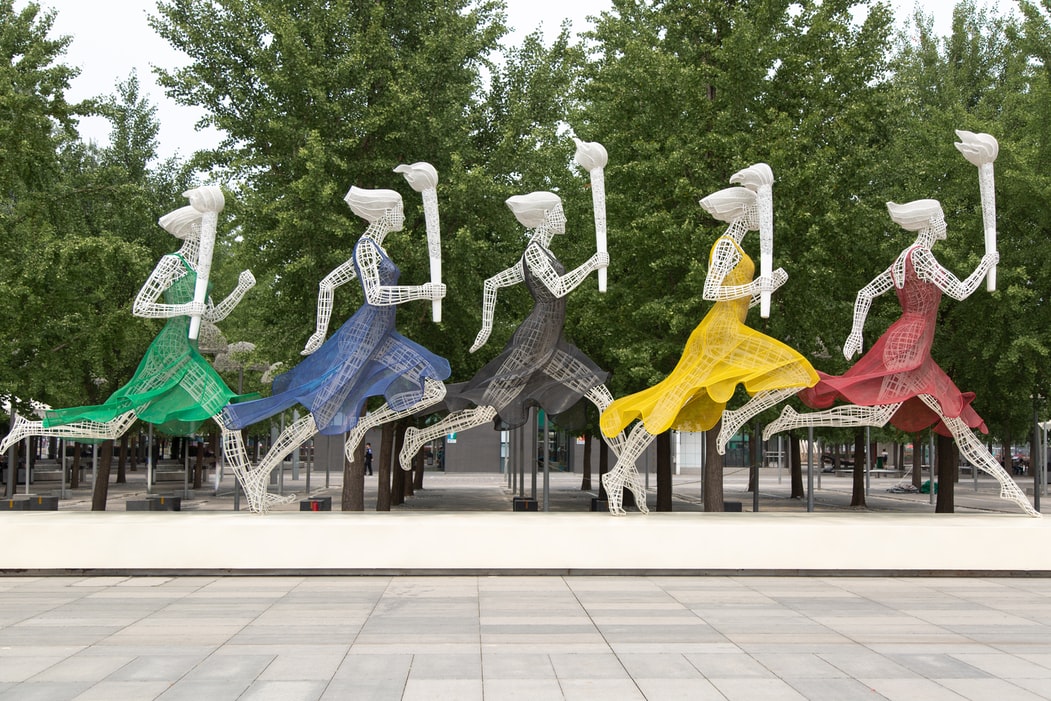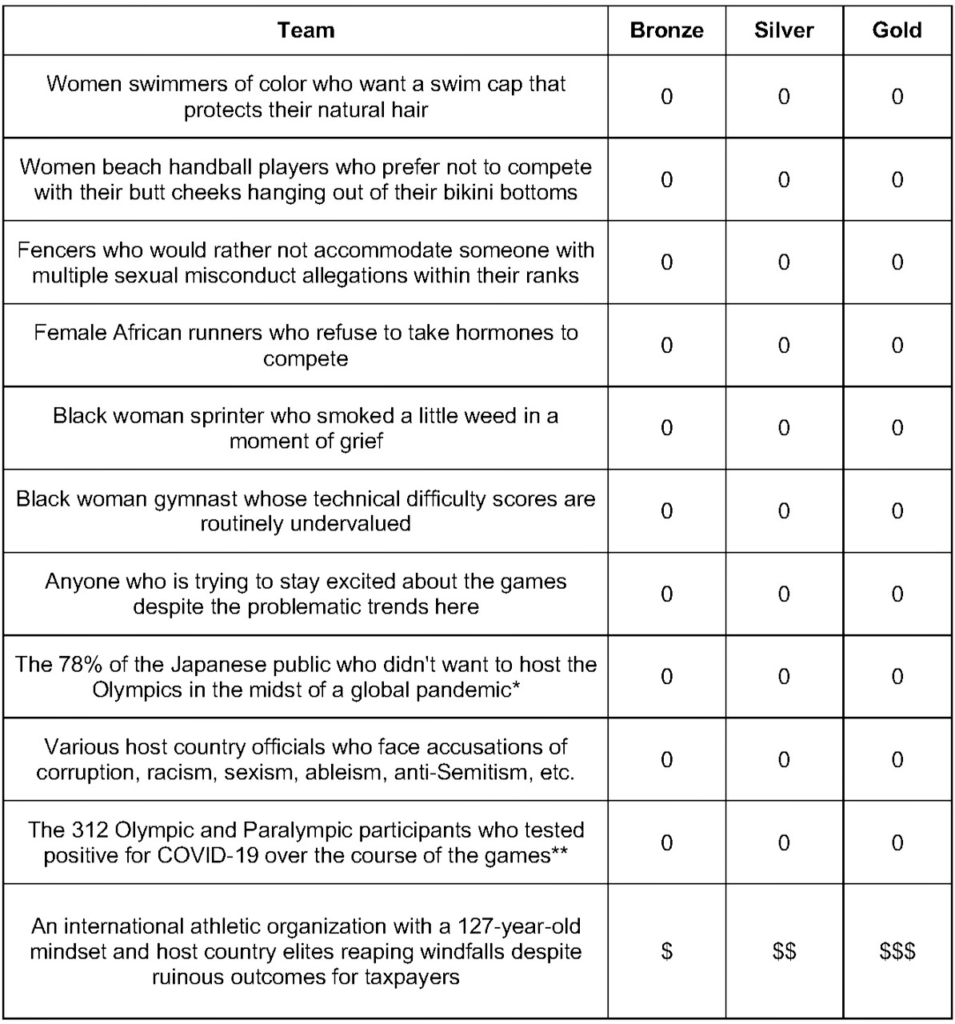She, I, You, We: Every Woman
By MM Schreier
FIFTEEN
She’s afraid her skirt’s too short, but gives it a little hip-swish, anyway. People are watching. If she owns it, maybe they won’t give her the side eye. Wishing she wore leggings, she considers tugging the skirt’s hem down, as if the sparse fabric could magically cover more of her legs, but knows if she does, it will just give them something else to gossip about.
Instead, she shifts the heavy calculus book that’s tucked under her arm so the title shows. She ignores imagined whispers of thunder thighs and decides it’s better to appear clever. Still, there’s a fine line between chic-smart and nerdy-smart. Her stomach clenches, and she struggles to keep the hint of a coy smile on her lips. She flips the book over and hugs it to her chest. Maybe everyone doesn’t need to know she’s in advanced placement math. She shimmies her hips again and swallows a sigh.
A broad-shouldered jock in a letterman’s jacket gives her a wolf whistle. It cuts across the throng of students. An unnatural hush falls over the crowd as too many eyes focus on her to see how she’ll react. She tosses her hair, blows the boy a kiss, then ducks into the bathroom before anyone can see her cheeks flush crimson.
While she waits for the halls to clear, she touches up her makeup in the mirror. Eyeliner, mascara, powder. A spritz of perfume, a swipe of blush. She digs around in her purse to find the smokey cranberry gloss that turns her lips into a sultry pout. It’s all camouflage. No––war paint.
The bell rings, and she saunters to class wrapped in the armor of feigned confidence. She might feel like an imposter, but at least she looks fantastic. She tells herself it’s all that matters.
TWENTY-SIX
I wake up every morning in my dingy studio apartment, take a deep breath, and repeat my favorite mantra. Visualize, materialize. It’s my habit to bolster myself with a series of pithy motivational quotes. Today is going to be an amazing day. The best is yet to come. Focus on the positive.
Leaning over the rusted fire escape, I take a snapshot of the sunrise and crop out the dumpster. #earlybirdgetstheworm. It’s important to curate my socials with meticulous attention. I tell myself it’s not deception; it’s the highlights reel of the life I want to have.
At lunch, if I turn the plate around and add the right filter, no one can tell that the #perfectsalad is disappointingly wilted. I post selfies from the woods, fresh-faced and smiling like the #trailgoddess I want to be. No one needs to see the hot mess that returns to the car, covered in bug bites and blisters. When the light’s just right, I get a shot of my #newtome Jeep that doesn’t show the rust spots or bald tires. I promise myself the next time I buy a car I’ll be able to afford a nicer one.
There are a million little photo tricks to upsell my reality. I order a second drink when the first is only half gone. After a few sips on the new one, I pose the glasses side-by-side so the solo excursion to the brewery turns into #girlsnight on Instagram. Framing and angles and perspective can make a budget trip to Portsmouth look like the glamor of Cancún. Haircuts, makeovers, vintage thrift store clothes, and suddenly #Iseeyourguylooking. He could be.
It’s exhausting work to fill my feeds with all the right tags––#livingthedream, #singleandkillingit, #mybestlife. If I get enough likes, maybe I’ll believe it’s true.
THIRTY-EIGHT
You power walk everywhere. Not because you’re in a hurry, but so everyone knows you have somewhere important to be. Running would make you look late and scatterbrained. Strolling is for receptionists with nothing better to do than ordering paperclips and making coffee. Not that there’s anything wrong with that—honest work, you know. You’re just driven to prove yourself as a career woman, so you stride with purpose.
Kitten heels clack on the tiles, not too high to be slutty, but still feminine. You must balance both. It’s difficult to speed walk in a pencil skirt and still look graceful. You feel like a drunken calf, hobbled by a cage of carefully pressed pinstripe cotton.
It’s tough being the only woman on the Leadership Team, and it looks bad if you are the last to show up to the meeting as if you’re Greta Garbo making an entrance. Keeping up with the men in their comfortable trousers and loafers requires twice as many steps, twice as fast. Somehow you do it, though it tests your extra-strength antiperspirant. You hope you’re not glistening. Ladies never sweat.
You round the corner to find That Guy from sales blocking the doorway to the conference room. You’re moving too fast. The damned heels skitter on the polished marble as you try not to collide with him. Surely, he’ll step back and give you space. You bounce off his shoulder when he doesn’t move.
Everyone laughs when a man almost a decade your junior says, Whoa there, little lady. You paste on a faux smile and pretend it doesn’t bother you. It appears you’ve made an entrance after all.
FIFTY
We dye our hair an unladylike purple. When asked if we’ve changed our look, we reply, Thanks! Glad you like it. That’s not what they said, but we don’t care. Once, we might have hedged and said it wasn’t exactly what we asked the hairdresser for while secretly loving it. But we no longer have the energy to be ashamed of who we are. Liking ourselves is an act of resistance.
When it’s hot, we wear tank tops and shorts, cellulite and knobby knees hanging out. When it’s cold, we cozy up in leggings paired with oversized hoodies. We have no patience for clothes that bind and pinch and squeeze. Some days, we pull on a slinky dress that hugs our curves and do our hair up in flowing waves. But only if we want to. It’s all on our own terms now. Either way, we remind each other at every opportunity we are beautiful.
We have hobbies, and we don’t hide them. Sure, we do typical middle-aged “women’s” activities like gardening and reading. We also scuba dive and play video games and forge armor and raise newts. We’ve stopped power walking and actually enjoy hiking. It’s peaceful in the woods, and we take our time on the trails. If we post #optoutside it is photos of cool mushrooms or fat toads we find along the way. We can’t remember the last time we took a selfie, but we’re head over heels for the toads.
Shagging is still a good time. We’re fifty, not dead. But we no longer accept being sexualized without our consent. Young, thin, and pretty do not hold the same value as generous, kind, and loyal. We no longer sacrifice our sense of self for love, because we have found it within.
For the first time, we know we are powerful; we are strong. We never truly needed to pretend to be all these things. It was who we were all along. We only wish we had realized we were enough at fifteen.
TOMORROW
She’ll tell her friend she’s more than just her clothes, her makeup, her hair. Her body is not for consumption. I’ll remind my niece that Internet people don’t care about her. She can stop fabricating an image and live beyond the lens. You’ll teach your daughter she has nothing to prove, freeing her to find success on her own terms. Together, we’ll forge a generation of women who know what they are worth, and that will be our legacy.
MM Schreier, the author of two speculative collections—Monstrosity, Humanity and Bruised, Resilient, is a classically trained vocalist who took up writing as therapy for a midlife crisis. In addition to creative pursuits, Schreier is on Leadership for a robotics company and tutors maths and science to at-risk youth.
Photo credit: sandra lansue on Unsplash.
A note from Writers Resist
Thank you for reading! If you appreciate creative resistance and would like to support it, you can make a small, medium or large donation to Writers Resist from our Give a Sawbuck page.





